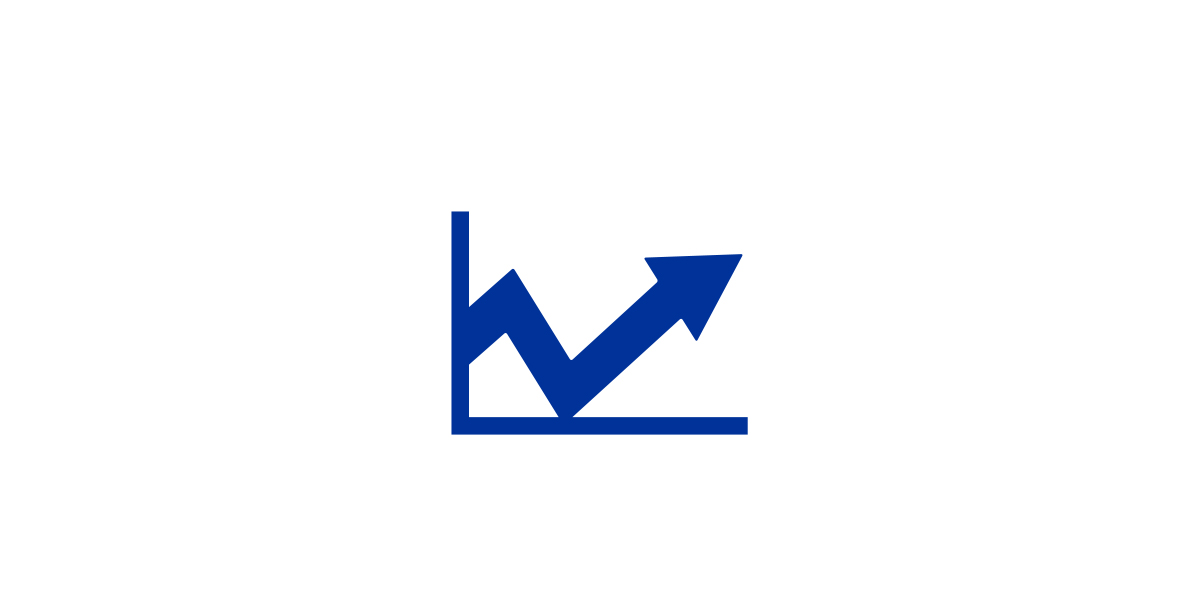FAQs
This data has moved permanently to FiscalData.Treasury.gov where it is available for download in multiple machine-readable formats with complete metadata!
Where can I get the best currency exchange rate? ›
Look at online currency specialists
Online currency exchange brokers, such as Travelex, Eurochange, TravelFX, TorFX, and the Currency Online Group, are all likely to offer more competitive exchange rates compared to the high street banks. These providers offer a wide range of currencies for home delivery.
Do ATMs give the best exchange rates? ›
All international withdrawals via an ATM typically provide a better exchange rate than you would get at a currency exchange store or airport kiosk. If your home bank has an agreement with a U.S. bank, you can avoid paying any extra fees (ask your bank for policy details).
Is it better to exchange money or use ATM in Europe? ›
Wait until you arrive to withdraw money. I've yet to see a European airport that didn't have plenty of ATMs. Avoid (or at least minimize) cash exchange. Exchanging money is expensive: You'll lose about 5 to 10 percent when converting dollars to euros or another foreign currency.
How to check previous currency exchange rate? ›
Xe Currency Charts
With this convenient tool you can review market history and analyse rate trends for any currency pair. All charts are interactive, use mid-market rates, and are available for up to a 10-year time period. To see a currency chart, select your two currencies, choose a time frame, and click to view.
Where can I get historical market data? ›
Internet Sources for Historical Market & Stock Data
- Yahoo! Finance - Historical Prices. ...
- Dow Jones Industrial Averages. Historical and current performance data. ...
- S&P Indices. Historical performance data.
- IPL Newspaper Collection. ...
- Securities Industry and Financial Markets Association. ...
- FINRA: Market Data Center.
Local banks and credit unions usually offer the best rates.
What's the best day of the week to exchange money? ›
Typically, the least busy times of the week are Mondays, mid-week and the weekend (excluding Friday). These days have the lowest number of transfers in the week, so you might expect to see less fluctuation in the mid-market rate.
What is the best source for foreign exchange rates? ›
Contact a bank or credit union to make sure it has the currency or will accept foreign currency, and check what the fees are. Find exchange rates through your bank, credit union or websites such as xe.com. Check the bank's exchange rate to make sure it's fair.
Which bank is best for currency exchange? ›
Financial institutions that allow you to exchange foreign currency
- TD Bank: TD Bank has 55 types of currencies. ...
- U.S. Bank: US Bank customers may exchange currency at a local branch or online. ...
- Wings Financial Credit Union: Wings Financial Credit Union has over 90 different currencies.
Discover doesn't charge foreign ATM network or foreign transaction fees. But Discover card acceptance can be limited outside of the U.S., Canada, Mexico and some Caribbean nations. With an HSBC Premier Checking account, customers pay no foreign transaction fees. HSBC also has a worldwide network of ATMs.
Is it better to exchange currency at home or abroad? ›
Where to Get Good Rates: ATMs and Local Banks. The best place to exchange money is a local ATM or a bank. Many foreign banks are happy to exchange your dollars for local currency for a better rate than you find elsewhere, or you can go to an ATM to skip the line.
How to avoid ATM fees in Europe? ›
How can I withdraw money in Europe without fees? Make sure to choose a bank account that doesn't charge fees to withdraw money in Europe. Withdrawing money from a bank-owned machine can also help you avoid added surcharges and you can save money by making fewer, larger cash withdrawals.
How much cash to bring to Europe for 1 week? ›
A good rule of thumb is to carry $50-$100 a day in the local currency while travelling. Remember, though, that cash may not be the best option to pay for travel expenses. Credit cards offer great rewards, lower transaction fees, and can help you get a better exchange rate.
Is it better to bring cash or card to Europe? ›
Don't Expect to Get Too Far Without Cash
There's a lot that you can buy with a credit card in Europe, so bring at least one. But don't expect to get very far without a little cash, too—especially if you're a tourist. Transportation services, such as taxis and buses, often require local currency.
Where can I find historical treasury rates? ›
Go to Treasury Bill, Note, and Bond Auction History. Go to the Board of Governors of the Federal Reserve and click on Economic Research or Data. Go to Interest Rates, from the Federal Reserve Bank of St. Louis - FRED.
How to get historical currency rates in Excel? ›
To get historical exchange rates, you can use the STOCKHISTORY function. You can use this function to get the exchange rate for a certain period. Here is a sample formula to get historical exchange rates: =STOCKHISTORY(“USD/GBP”,DATE(2019,07,24),,,0,1).
Where can I find exchange rates? ›
External resources
- Oanda.com.
- xe.com.
- x-rates.com.
There are plenty of good websites for historical intraday data. Yahoo and Google Finance offer historical intraday data for stocks and other financial instruments. You can access the data by searching for a specific ticker symbol and navigating to the "Historical Data" section.



